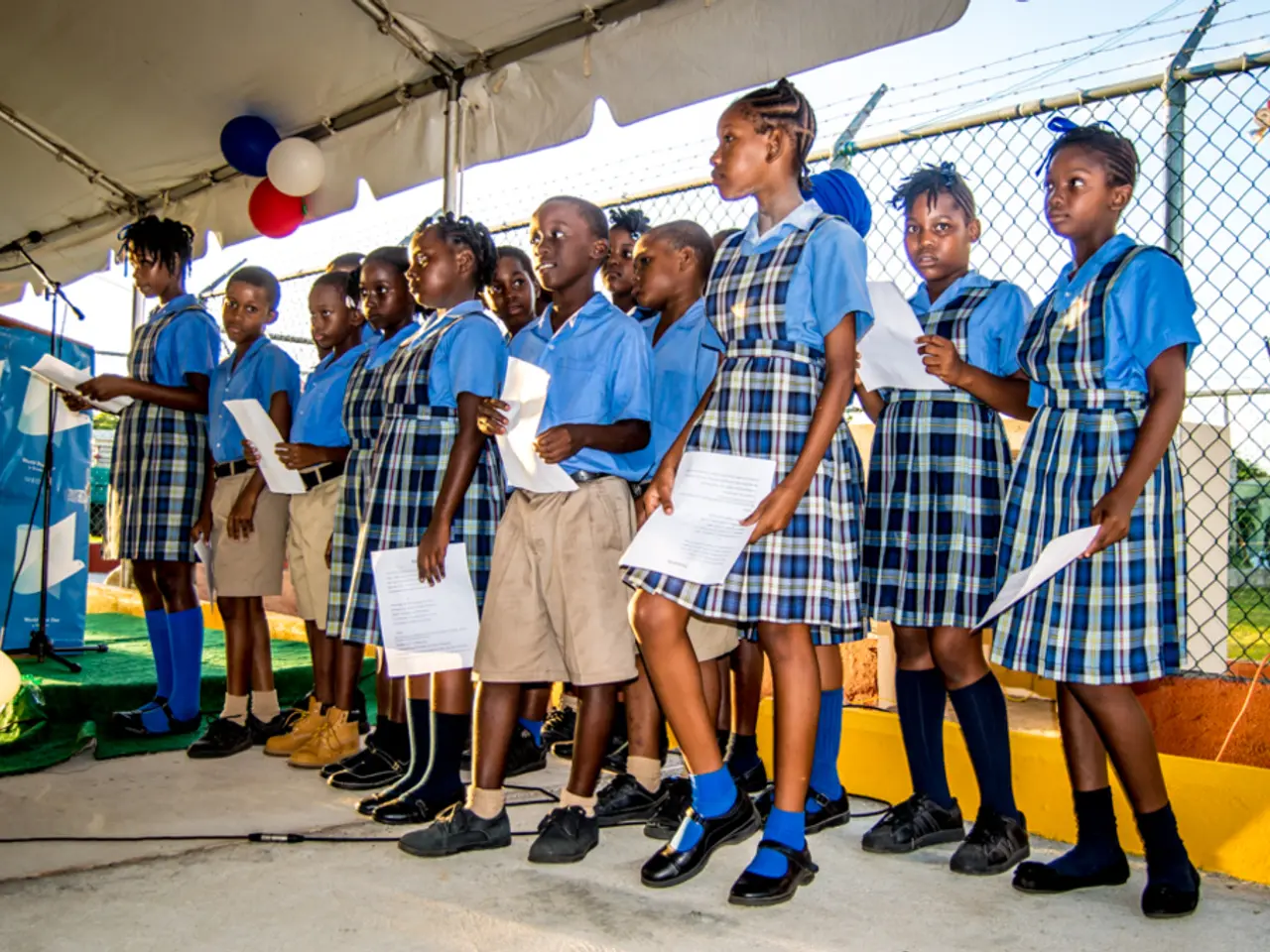Schools prohibit litigation in cases of student transfers
In a recent case, a student in a physical education class was found to have inappropriately touched another student. The parents of the affected boy demanded tougher actions such as transferring or expelling the other child. However, the Higher Administrative Court of North Rhine-Westphalia, in a ruling (Ref: 19 B 217/25), made it clear that parents cannot demand specific disciplinary actions against other students in a school setting.
This decision, highlighted by the legal portal "anwaltsauskunft.de", emphasises the importance of parental involvement in school matters, but within the boundaries set by educational institutions. Instead of demanding predetermined disciplinary punishments, parents can focus on active engagement, advocacy, and collaboration.
Here are key ways parents can respond:
- Document the incident thoroughly. Keep detailed records of what happened, including dates, times, witnesses, and any communication with the school staff or administration.
- Engage with school staff and administration. Request meetings to discuss the incident, express concerns, and ask about the investigation and disciplinary procedures according to the school’s Student Code of Conduct or discipline policy.
- Understand the school’s disciplinary process. Schools conduct investigations, gather evidence, and meet with involved students to determine facts and consequences. Parents can advocate for fair treatment, restorative practices, or supportive interventions rather than just exclusionary discipline.
- Request updates and transparency. Parents have the right to be informed about disciplinary decisions affecting their child’s safety and well-being, though schools may limit specific outcomes parents can require.
- Collaborate on solutions. Work with school personnel and community-based organizations to improve school climate and prevent future misconduct, which is encouraged in many districts.
- Explore appeals or grievance procedures if unsatisfied. Some districts allow parents to appeal disciplinary decisions or file complaints, which can be important if they feel the misconduct was not properly addressed.
The court advised parents to engage in dialogue with the school, emphasising that school disciplinary measures are considered part of the school's pedagogical discretion, not punishments. The German Bar Association (DAV) advises parents to maintain communication with teachers, the principal, and the school social worker.
In this case, the school responded with a temporary suspension and a socially pedagogical process. The Higher Administrative Court dismissed the parents' appeal, and the parents applied for a court order to enforce further measures, but no intervention was made in the school's decision-making process regarding disciplinary actions.
Every school has a code of conduct, and parents should familiarise themselves with the rules and consequences outlined there. By understanding the school's processes and working collaboratively, parents can help ensure a safe and fair environment for their children.
"Although parents cannot demand specific disciplinary actions against other students, this incident underscores the necessity for parents to engage actively in their children's education and self-development by collaborating with school staff, understanding the school's disciplinary process, and documenting any improper conduct for future reference."
"Moreover, the court's ruling encourages parents to maintain open communication with teachers and school administrators to address concerns, advocate for their child's well-being, and work together to improve the school environment, which is part of the school's pedagogical discretion and essential for the education-and-self-development of all students."




